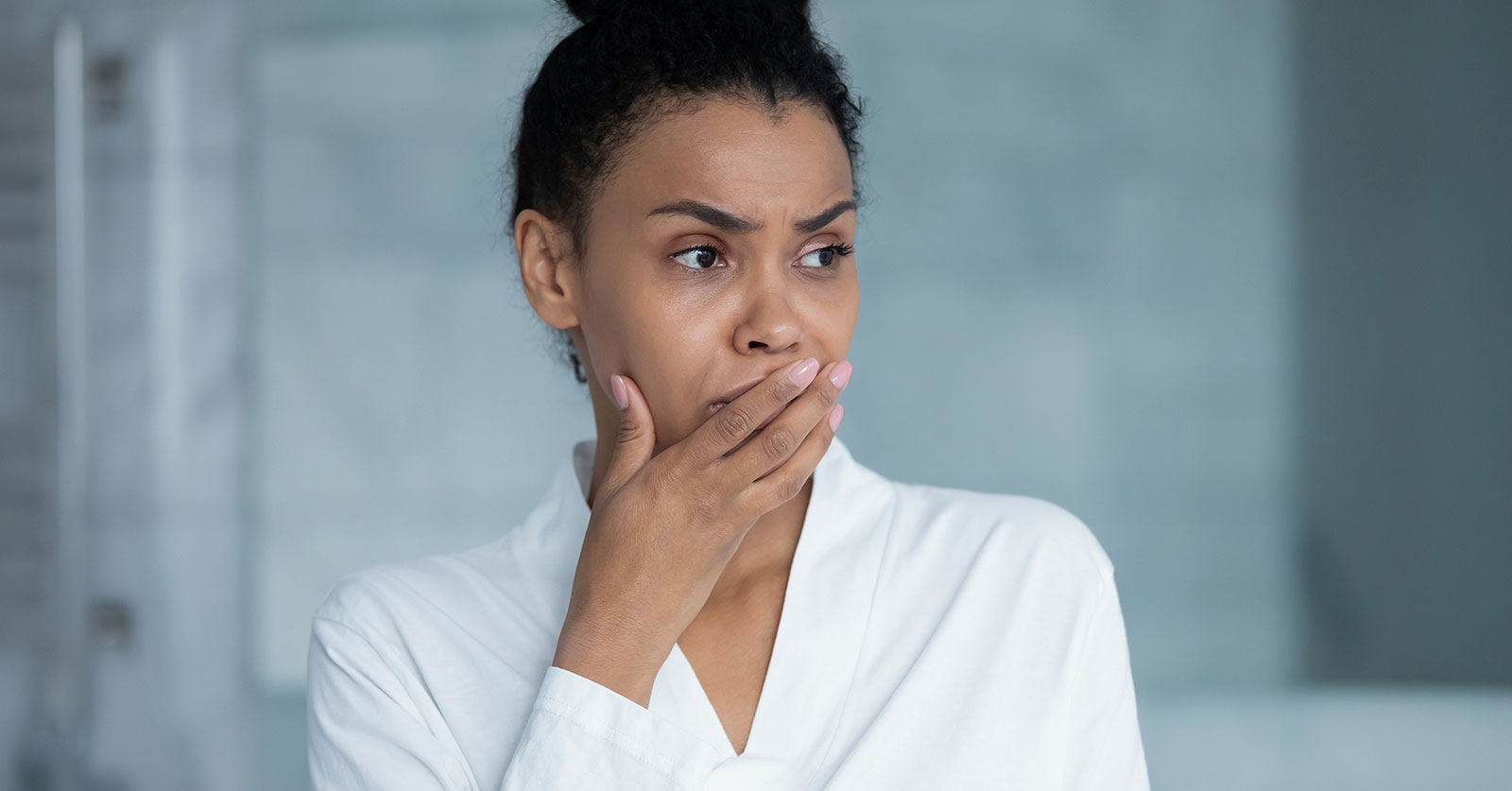Marie White, Founder, CEO & President, Security Mentor.
I have to admit being shocked by this story about a mobile parking app and its "privacy" policy.
According to a Los Angeles Times article, the mobile app's 4,000+ word privacy policy states that not only may the app collect all the typical marketing information, it further reserves the right to monitor the web browser pages you visit before, during and after using the parking app. But the next kicker is that it engages in cross-device tracking. "For example, we may attempt to match your browsing activity on your mobile device with your browsing activity on your laptop." "To do this our technology partners may share data, such as your browsing patterns, geo-location and device identifiers…" Talk about technology overreach. But the app tracking isn't done yet. "Through our service, we may allow third-party advertising partners to set technologies and other tracking tools to collect information regarding your activities and your device."
Who knew that by installing a parking app, you are giving up your right to the privacy of what you do, where you go, and what technologies you use.
What can you do? My suggestion is the best privacy protection is to limit the mobile and computer apps you install to those you really need or want, and read the privacy policies carefully before installing. Yes, privacy policies are tedious and boring, but if you don't take the time to read them, you might just be sharing a lot more than you think. In reviewing privacy policies, focus on what information is collected, how it is used, who it is shared with, and what permissions you are granting the app. If an app's privacy policy allows the app to do more than you want, then ask yourself, are the app's capabilities or features really worth the privacy you will lose? If the risk is worth it, then install it. If not, cancel the installation.
Immediately after you install an app, open the app and go to its settings and review them for security and privacy. It's important to do this immediately because apps can collect, and potentially share, your information even when they are closed and they certainly will, the first time you use them. Below are a few key settings to look for in an app; note that not all of these may be available for every app:
- Two-step authentication. I admit this is not privacy, but it is so critical I couldn't leave it out. By requiring a second step beyond your username and password to access your account, you are making it much harder for a hacker to gain access.
- Permissions. Review the permissions given to the app.
- Data sharing. Don't enable data sharing.
- Advertising. Turn off sharing advertising with third parties and personalized ads.
- Application history. Do you want the application to store your usage in its history? The answer will depend on how you intend to use the app.
- Social media. Don't automatically sign into apps using social media.
Next, you also need to look at the settings for smartphone or computer related to privacy. Some of these settings may be under general settings, in a privacy or security section, or under the name of the application itself (note these are different settings than those you get when you open the app). Unfortunately, you probably will need to look at the settings in multiple locations to ensure your privacy is protected. For each of the settings below, only give apps the permission when it is really needed:
- Microphone
- Camera
- Contacts
- Photos
- Files and Folders
- Location
- Tracking (may be a setting for all apps)
Another practice to limit the information collected is to close the app as soon as you are finished using it. However, as mentioned above, some apps can even collect information, and potentially share it, when they are closed.
I've only covered some key areas to look at related to privacy in this blog. There are likely many more settings and options for your app or device related to privacy and security. It's a good idea to read an article written by an expert on how to secure the privacy of your particular app or device. Another good idea is to at least annually look at all your security, privacy and application settings. Sometimes an operating system update will change your settings, or an update to the application itself. An annual review is also a good time to delete any apps that you no longer need. Keeping old, unused apps is just an opening for privacy and security compromises.
Today, many aspects of privacy are out of our hands, but there also is much we can control. Take the time to assess the apps you really need, and then configure each for the optimal balance of use and privacy.



